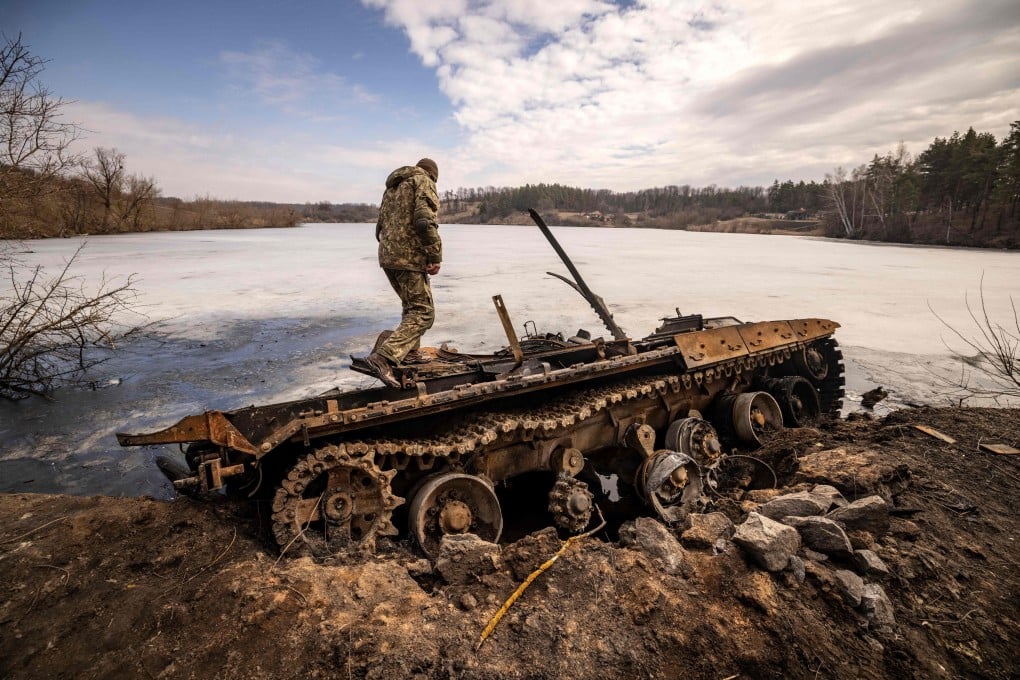Advertisement
Sanctions are not the answer to Ukraine, North Korea, Chinese defence officials tell Shangri-La Dialogue
- Putting further pressure on countries will only add to problems, Wei Fenghe says
- Wei also stresses Beijing’s no first use policy on nuclear weapons
Reading Time:3 minutes
Why you can trust SCMP
45

Minnie Chanin Singapore
Chinese defence officials underlined Beijing’s opposition to sanctions over the war in Ukraine and the North Korean nuclear crisis at an international security forum in Singapore on Sunday.
“We do believe that pressure or sanctions would only provoke more problems and even exacerbate tensions to further complicate the issues,” Defence Minister Wei Fenghe said in his keynote speech to the Shangri-La Dialogue.
Wei, a former officer with the Chinese military’s rocket force, also stressed that China’s nuclear weapons were purely defensive.
Advertisement
“Let me be frank, China’s policy on nuclear power is consistent. We develop the arms for self-defence, for the ultimate elimination of nuclear weapons,” he said, adding China was committed to “not to be the first to use nuclear weapons”.
“The ultimate goal of China’s nuclear strategy is to prevent a war.”
Wei’s speech comes a week after North Korea fired eight short-range ballistic missiles, a record for a single day under the Kim Jong-un leadership.
Advertisement
Select Voice
Choose your listening speed
Get through articles 2x faster
1.25x
250 WPM
Slow
Average
Fast
1.25x
